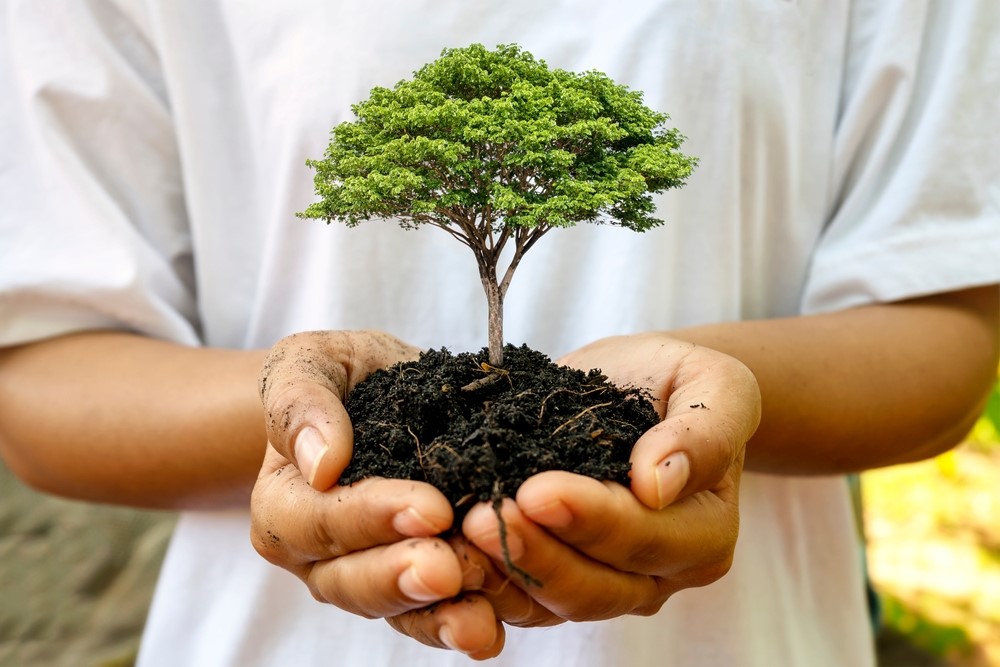Cargill Pledges to Eliminate Deforestation in South America by 2025 to Support Sustainable Agriculture
Cargill, a major player in the global food system, has announced an ambitious commitment to eliminate deforestation and land conversion from its direct and indirect supply chain of key row crops in Brazil, Argentina, and Uruguay by 2025.
The commitment encompasses vital commodities such as soy, corn, wheat, and cotton, aligning with Cargill’s broader global commitment to deforestation-free commodities and conversion-free soy across South America by 2030.
South America, a crucial region for biodiversity and global food supply, will witness Cargill’s accelerated efforts to preserve its natural ecosystems. The commitment covers soy, corn, wheat, and cotton – crops that collectively contribute 30 percent to the world’s trade flows and 13 percent of total production.
Cargill’s initiative aims to protect native vegetation and promote sustainable agriculture in these key countries.
Pilar Cruz, Cargill’s Chief Sustainability Officer, highlighted the company’s commitment to collaborative partnerships with farmers, governments, non-governmental organizations, and other stakeholders.
Cargill will collaborate with the World Resources Institute (WRI), leveraging WRI’s geospatial expertise and improved traceability to enhance monitoring, reporting, and verification of natural ecosystems and farm areas.
Craig Hanson, Managing Director of Programs at WRI, emphasized the significance of businesses eliminating deforestation and conversion in supply chains, stating, “Cargill’s new commitment aligns with a vision that it’s possible to produce food while protecting vital ecosystems.”
Cargill places farmers at the core of its agriculture supply chain, reaffirming its commitment to working with farmers across the region and investing in solutions that support their livelihoods. The company’s dedication to sustainability is integral to its long-term strategy, with a focus on decarbonization, sustainable land use, and food security.
Pilar Cruz concluded, “At Cargill, we are actively shaping a future where critical ecosystems will be protected for generations to come.”
Accelerating our commitment is a testament to our resolve to make real, tangible progress against deforestation and land conversion, in line with our climate action plan, while also supporting the livelihoods of farmers and agricultural communities that are vital to feeding the world.”
Cargill’s 2023 ESG Report provides an in-depth overview of the company’s strategy and progress in key areas, emphasizing its dedication to nourishing the world in a safe, responsible, and sustainable manner.


Comments are closed.